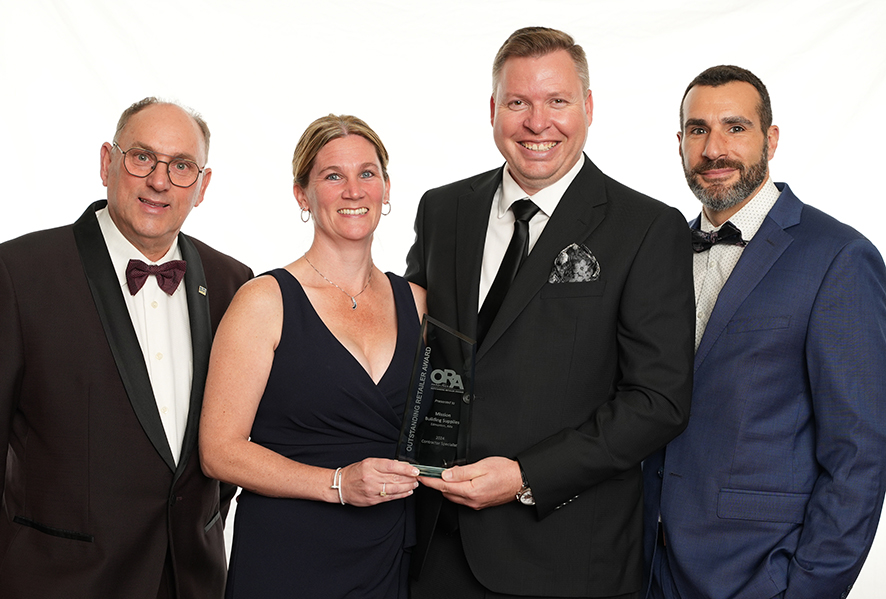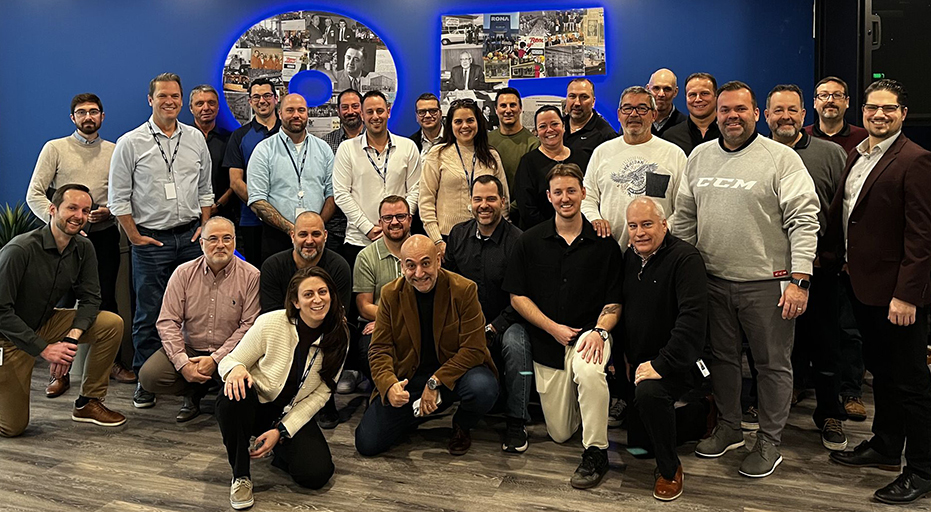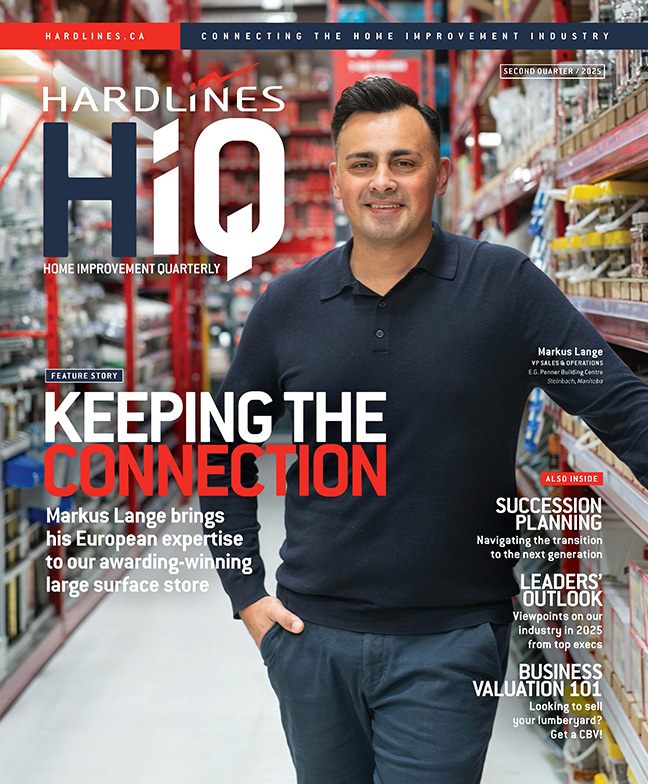
Canada is known for being a beacon for immigrant talent. According to the Government of Canada, the country planned to admit more than 110,000 skilled immigrants under the Federal High Skilled category in 2024, as part of its overall immigration levels plan, which aims for 485,000 permanent residents. Though Canada continues to welcome skilled workers in record numbers, many in the building industry are concerned that the country is not letting in workers to help fill their employment needs.
For example, immigrants made up more than half of the core-age workforce in the Toronto region with a bachelor’s degree or above in 2021. Nearly a quarter of these highly skilled immigrants were newcomers, according to a report titled Embracing Immigrant Talent: Perspectives and Practices of Toronto Region Employers, conducted by the Toronto Region Immigrant Employment Council.
The report noted that in Ontario, newcomers with a bachelor’s degree or above from outside of Canada are especially at risk of overqualification. In 2021, the report stated, 17.8 percent of newcomer men and 20.3 percent of newcomer women with degrees from abroad worked in jobs requiring a high school education or less. Meanwhile, the comparative figures for all Canadian-born workers were 9.7 percent for men and 8.6 percent for women.
Bill Ferreira, executive director of Build Force Canada, told Hardlines that over the next decade, the industry will need to recruit approximately 380,500 workers to keep pace with demand and replace retiring workers.
According to the latest BuildForce Canada 2025 to 2034 forecast, the construction industry could face a shortfall of up to 108,300 workers by 2034.
“While we anticipate that 272,200 of those positions can be filled through domestic recruitment, this still leaves a significant gap of 108,300 workers. Addressing this shortfall will require a multifaceted approach: attracting displaced workers from other industries who possess transferable skills, increasing participation from historically under-represented groups in the skilled trades, and expanding efforts to integrate newcomers already in Canada seeking employment,” he said. “Immigration will play a supporting role, but it cannot replace the need for robust domestic recruitment and training strategies.”
Ferreira believes the greatest pressure appears to be within the voluntary trades, particularly in the residential and civil sectors. He said occupations such as trade helpers and general labourers are experiencing especially acute shortages.
“Unfortunately, immigration is often not a viable solution for these roles. Many individuals with experience in these high-demand trades are ineligible for permanent residency under Canada’s Express Entry system. Although provincial nominee programs offer some flexibility, the application and processing timelines remain too long to effectively respond to the industry’s near-term needs,” he said.
As for the potential impact of tariffs on the construction industry and overall demand for construction services, he said, it remains too early to predict with any certainty.


 Nicole Gallucci
Nicole Gallucci

 Pierre Battah is an Atlantic-based management consultant, HR guru, radio personality and award-winning author of the book, “Humanity at Work: Leading for Better Relationships and Results.” He is a regular guest on CBC Radio and Radio Canada, as well as a past presenter at the annual Hardlines Conference.
Pierre Battah is an Atlantic-based management consultant, HR guru, radio personality and award-winning author of the book, “Humanity at Work: Leading for Better Relationships and Results.” He is a regular guest on CBC Radio and Radio Canada, as well as a past presenter at the annual Hardlines Conference. After a distinguished career in the building supply industry, most recently as president of Calgary’s The Cedar Shop, Mitch Wile has transitioned from his position to pursue an exciting new chapter. While his retirement marks the end of his corporate role, it also signals the beginning of a bold entrepreneurial journey.
After a distinguished career in the building supply industry, most recently as president of Calgary’s The Cedar Shop, Mitch Wile has transitioned from his position to pursue an exciting new chapter. While his retirement marks the end of his corporate role, it also signals the beginning of a bold entrepreneurial journey.
